
Maersk to Cut 3,500 Jobs Amid Lower Demand
Shipping firm AP Moller-Maersk is set to cut 3,500 more jobs due to lower freight rates and demand, signaling a slowdown in the global economy.


Shipping firm AP Moller-Maersk is set to cut 3,500 more jobs due to lower freight rates and demand, signaling a slowdown in the global economy.

Study warns of potential collapse of Gulf Stream system, but scientists express skepticism about the claim.

TikTok suspends online shopping service in Indonesia to comply with new regulations protecting local retailers.
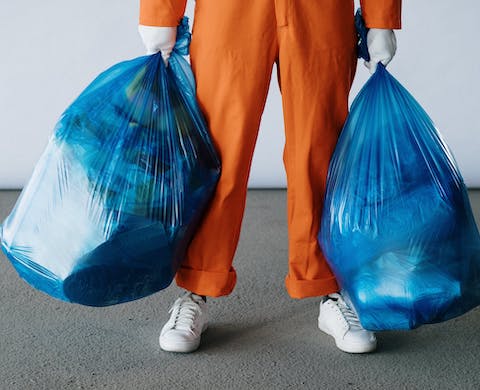
The Biomimicry Institute is developing a project called Design for Decomposition to find natural ways to break down waste polyester and nylon, aiming to create biocompatible materials and reduce waste in the fashion industry.
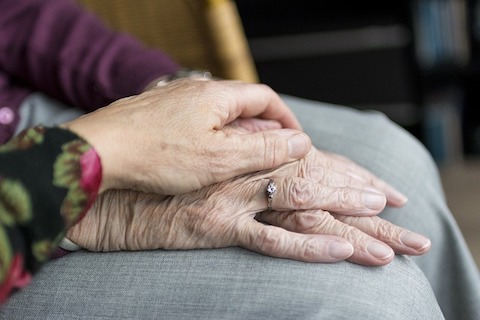
Bristol’s technology festival showcases innovative ideas, including socks that detect Alzheimer’s and electrified lateral flow tests.
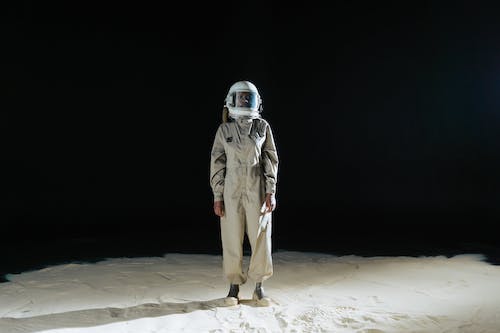
Prada collaborates with Axiom Space to design space suits for NASA’s Moon mission, combining fashion and technology.

Elon Musk’s Neuralink is recruiting participants for its first human trial, aiming to connect human brains to computers and allow individuals with paralysis to control a computer cursor or type using their thoughts, but faces competition from other companies in the field.
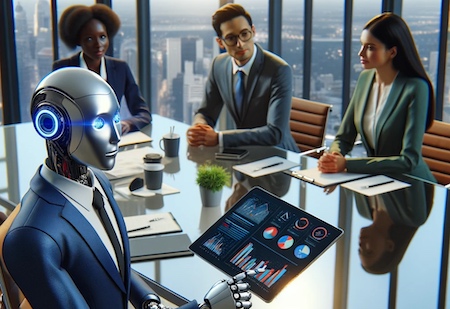
Microsoft’s new AI assistant, Microsoft 365 Copilot, can attend meetings, draft emails, and create presentations, but concerns about job displacement and reliance on AI remain.
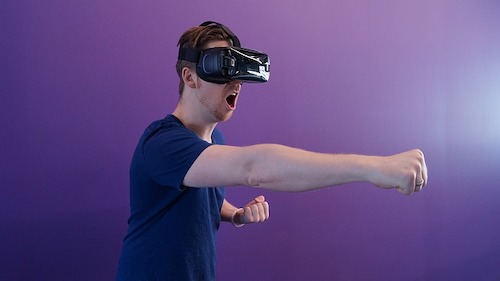
Meta’s new Quest 3 VR headset aims to reduce motion sickness by offering a mixed reality experience that combines virtual elements with the real world.
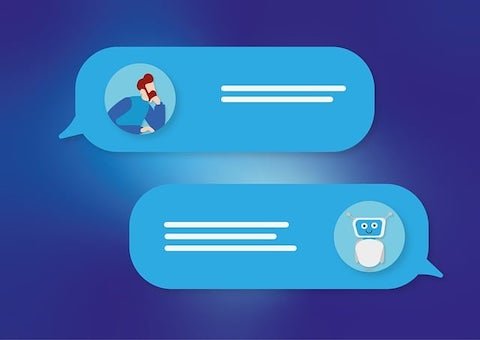
Meta’s new chatbots for Messenger will have “personality” and specialize in specific subjects, as the chatbot arms race among tech companies continues.
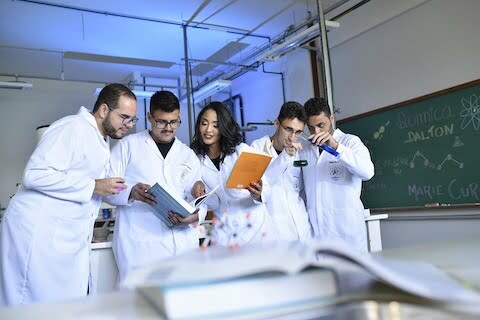
Cambridge tech firm develops smart trap to detect bedbugs and alert hotels and travel companies.
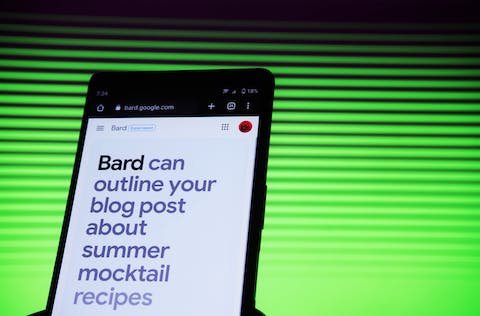
Google’s president for Europe, the Middle East, and Africa, Matt Brittin, stresses the importance of responsible development in AI technology, as the company partners with the University of Cambridge to establish the Centre for Human-Inspired AI, focusing on areas such as robotics, healthcare, and climate change.

Authors George RR Martin and John Grisham are suing OpenAI over claims that their copyright was infringed to train the language model, ChatGPT.
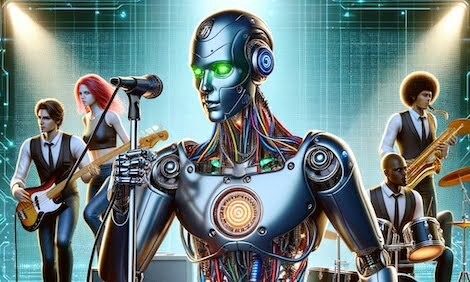
Virtual influencers like Noonoouri are breaking into the music industry, raising concerns about the role of AI and the future of human artists.

Birkenstock’s IPO raises doubts about its future, but the brand’s popularity and collaborations have transformed its image.
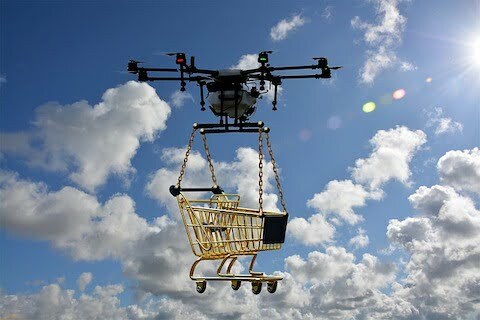
Amazon plans to introduce drone deliveries in the UK by the end of 2024, aiming to deliver parcels in under an hour.
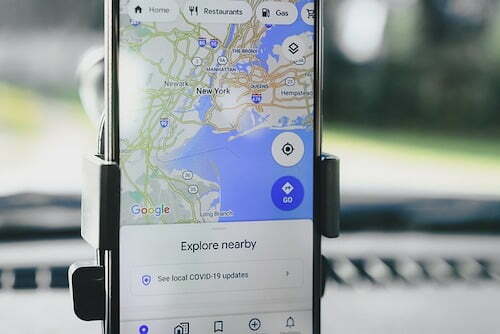
Family sues Google over man’s death after driving off collapsed bridge, alleging failure to update maps.

“Monk mode” is gaining popularity as people seek to limit social media use and increase productivity in an increasingly distracting digital world.

Top songwriters embrace AI as a useful tool in the creative process, but believe it cannot replace the artistry and human emotion in making music.
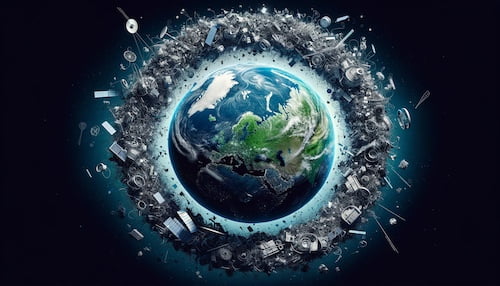
The US government has issued its first-ever fine for space junk to Dish Network, highlighting the increasing concern over the growing amount of debris in orbit.
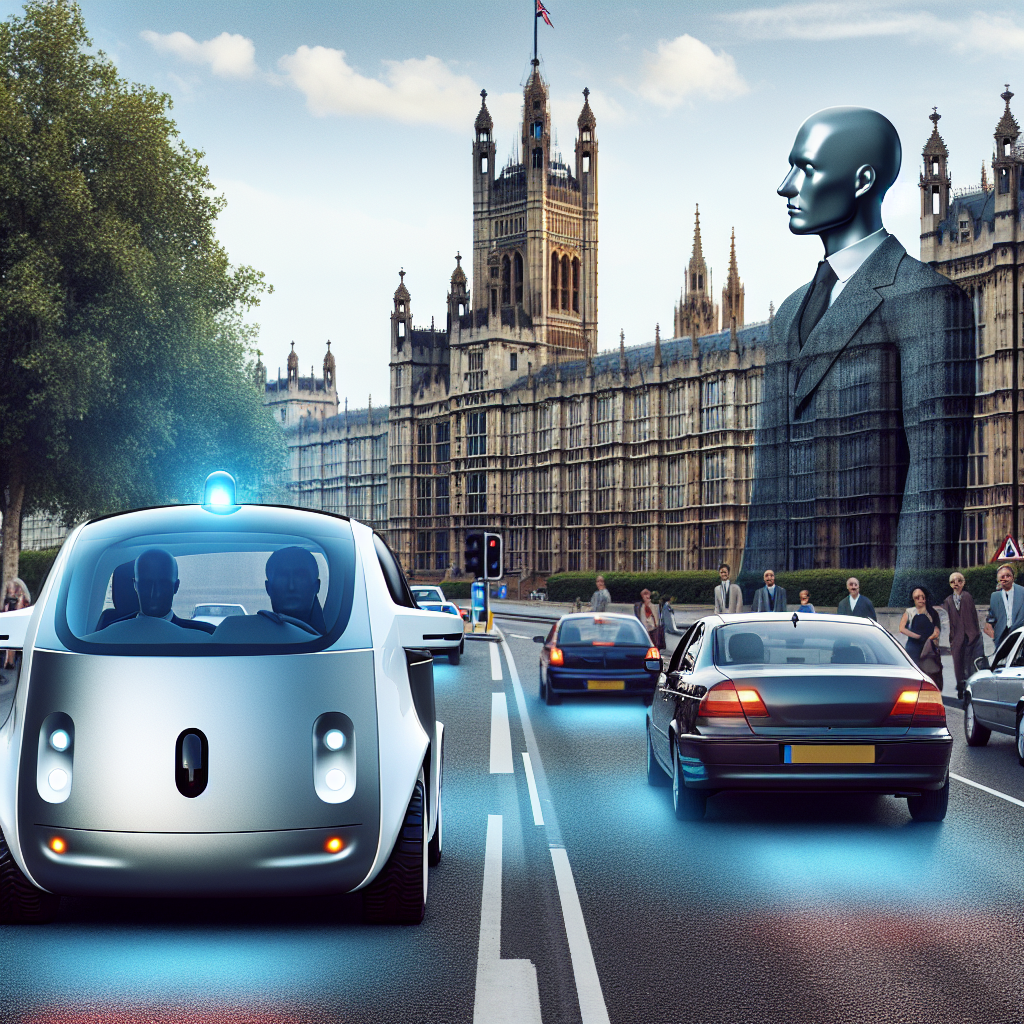
Driverless cars could be on UK roads by the end of 2026, according to the UK transport secretary, Mark Harper, who emphasized the importance of a proper safety regime and people’s confidence in the technology.
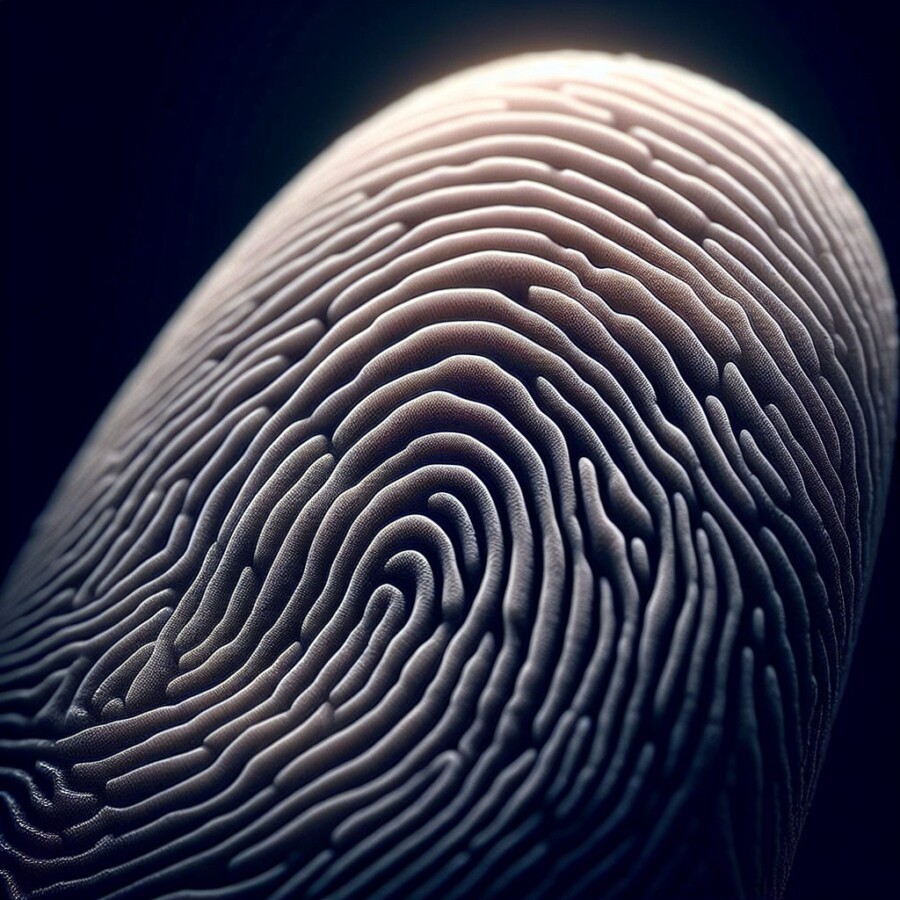
Researchers at Columbia University have developed an AI tool that can identify whether fingerprints from different fingers belong to the same person with 75-90% accuracy, challenging the belief that each fingerprint is completely unique.
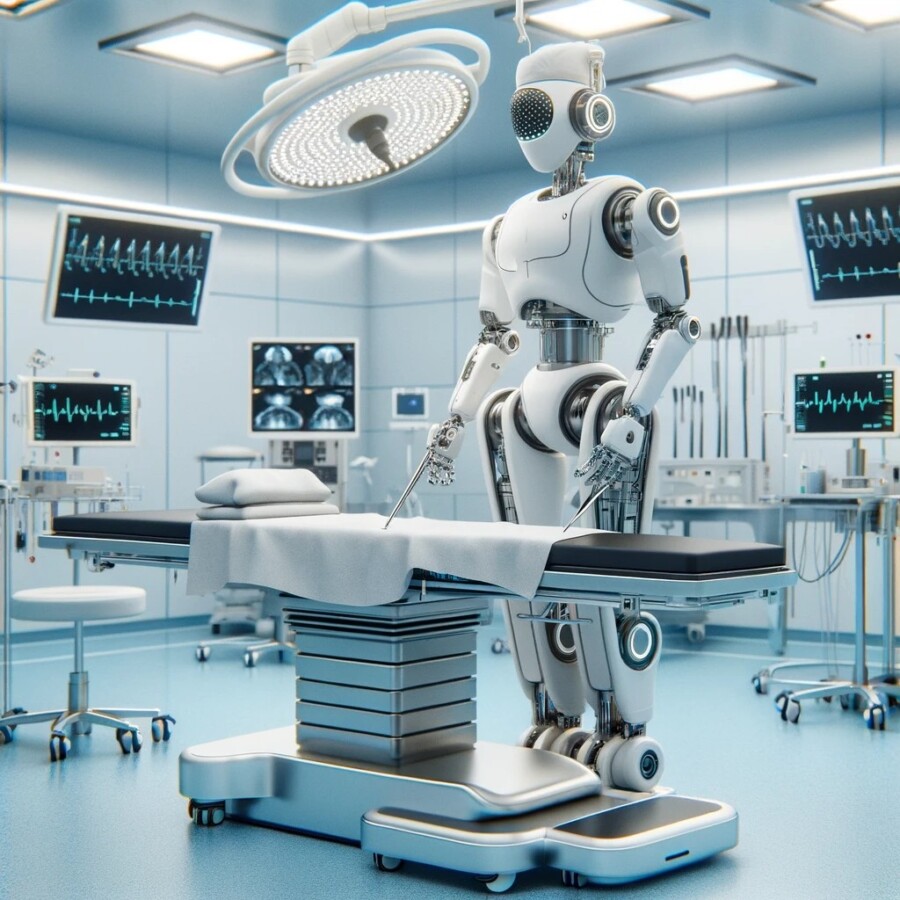
Luton and Dunstable Hospital in the UK is using the da Vinci Xi robot to speed up weight loss surgeries and reduce waiting times.
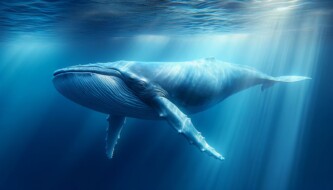
Blue whales, once decimated by whaling, have returned to the Seychelles, potentially using the region as a breeding ground, highlighting the importance of protected waters for their recovery.
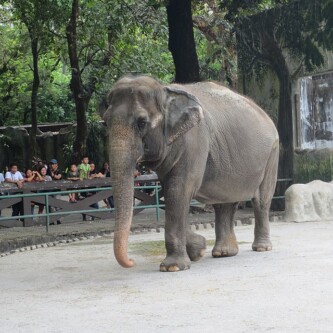
Mali, the “saddest” elephant, dies at Manila Zoo, sparking grief and calls for change.
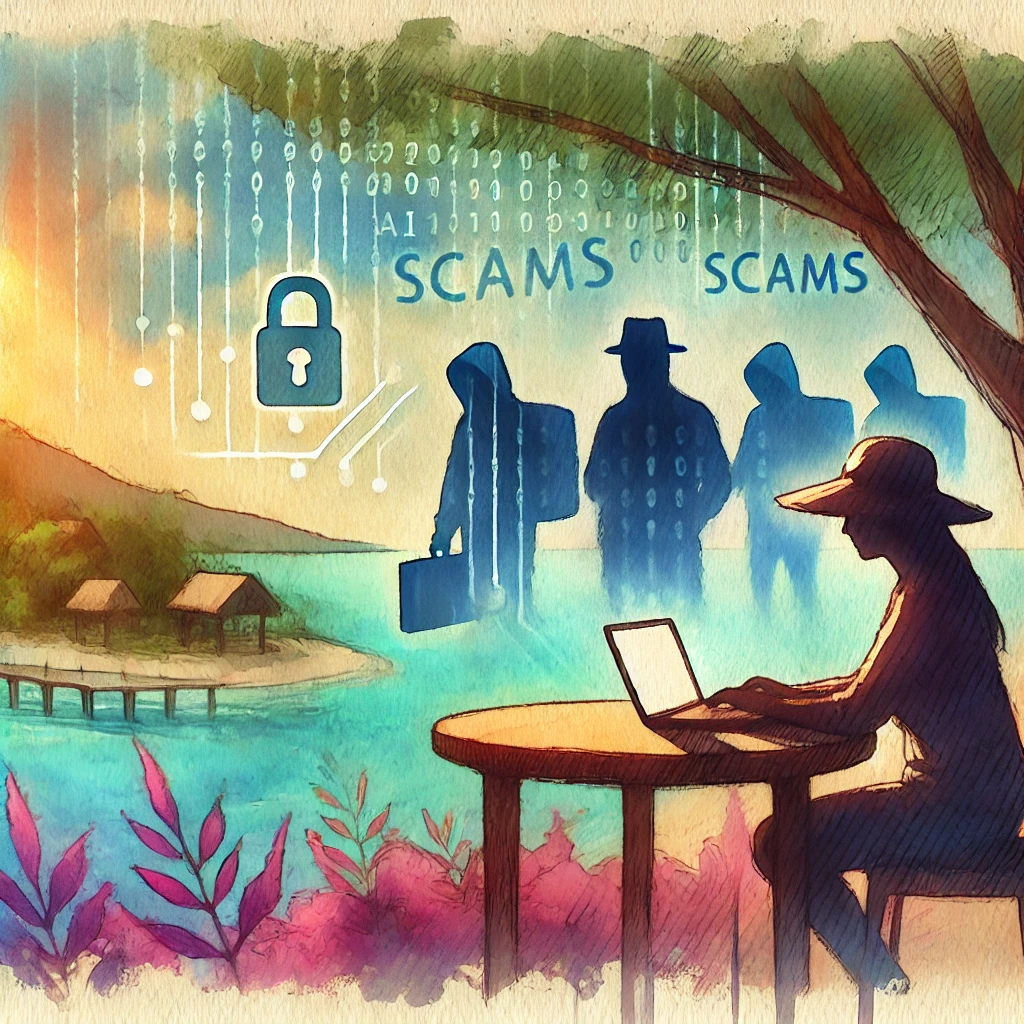
Booking.com warns of rising travel scams fueled by AI, urging two-factor authentication and vigilance against phishing attacks.

Heavy snowfall and thundersnow have caused travel chaos and dangerous conditions in northern US states.
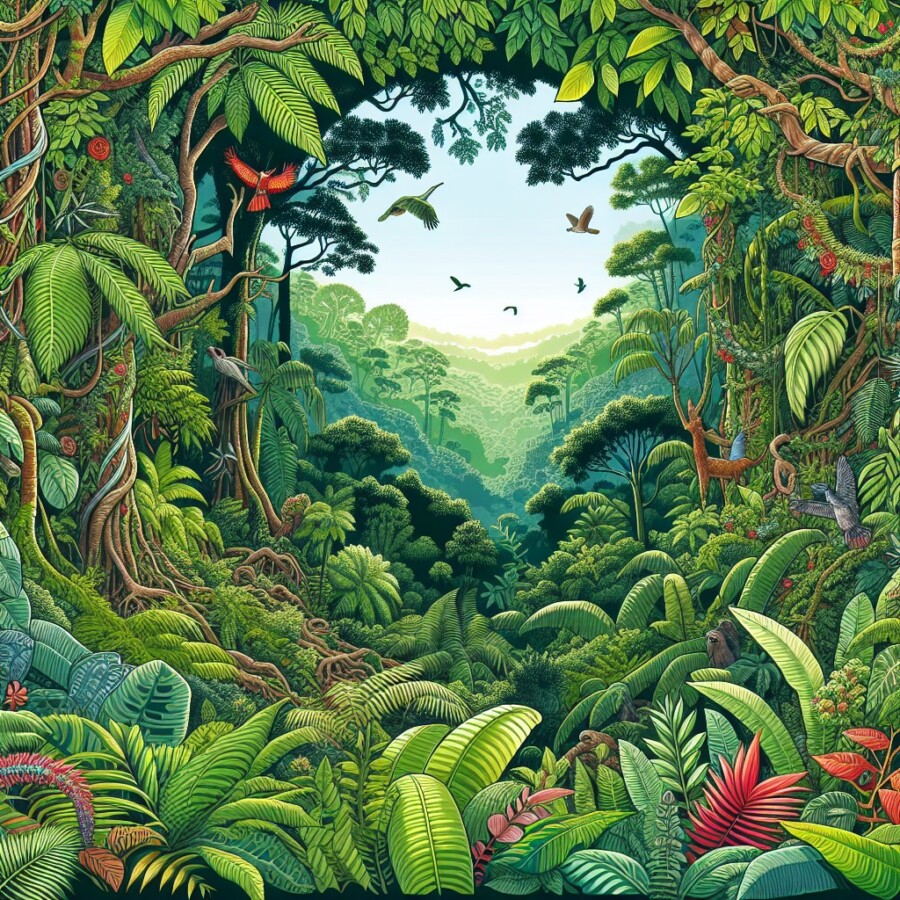
Deforestation in Brazil’s Amazon rainforest drops by 50% in 2023, the lowest in five years.

AI can predict hurricane landfall earlier and more accurately than traditional methods, but climate change may pose challenges.

El Salvador’s President Bukele celebrates as his Bitcoin reserve enters the black, but economists caution against premature celebration.
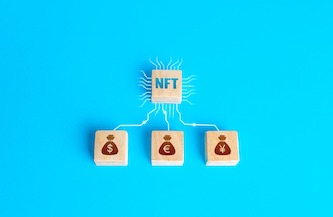
The NFT market experiences a sharp downturn, leading to job redundancies and a drop in sales.
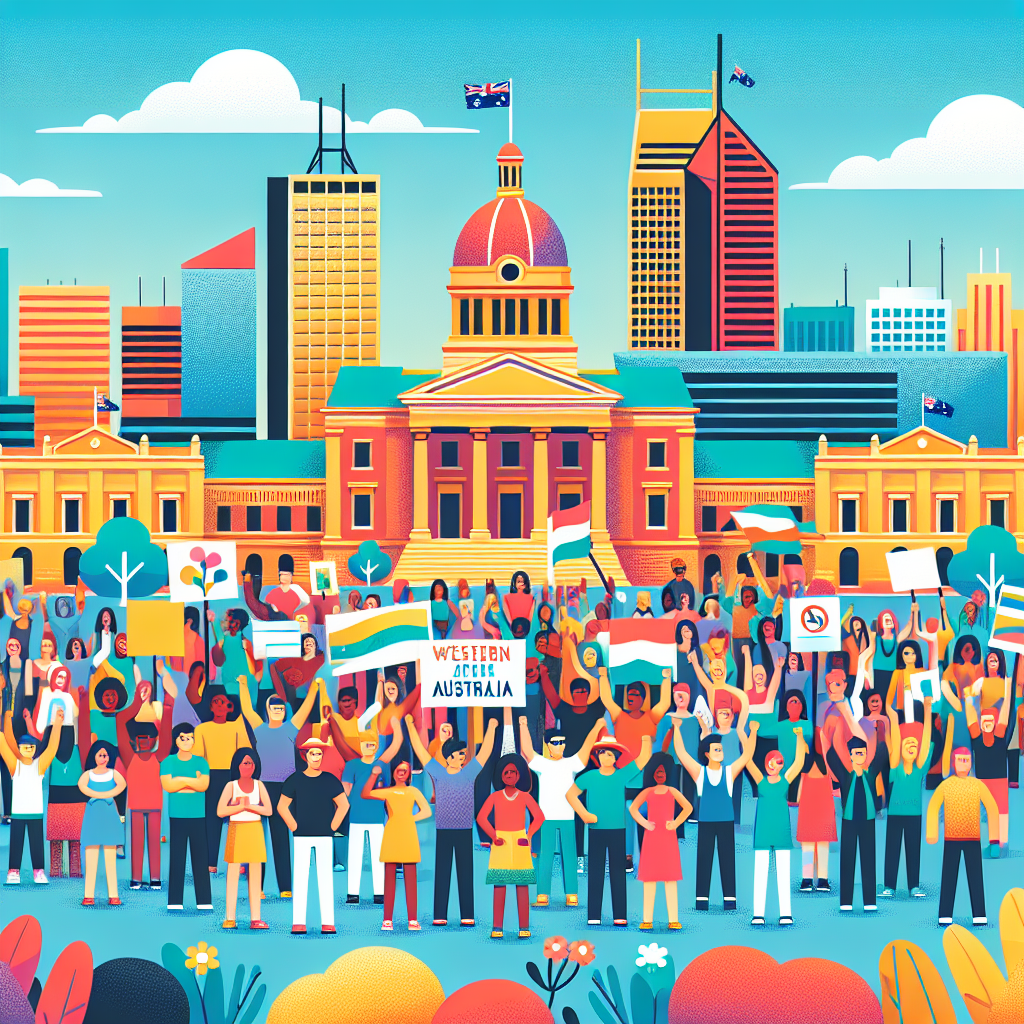
An Australian politician protests by changing his name to Austin Trump, criticizing the Labor Party.
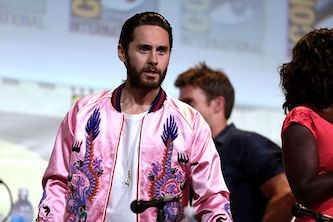
Jared Leto’s daring climb of the Empire State Building has generated significant attention for his band.
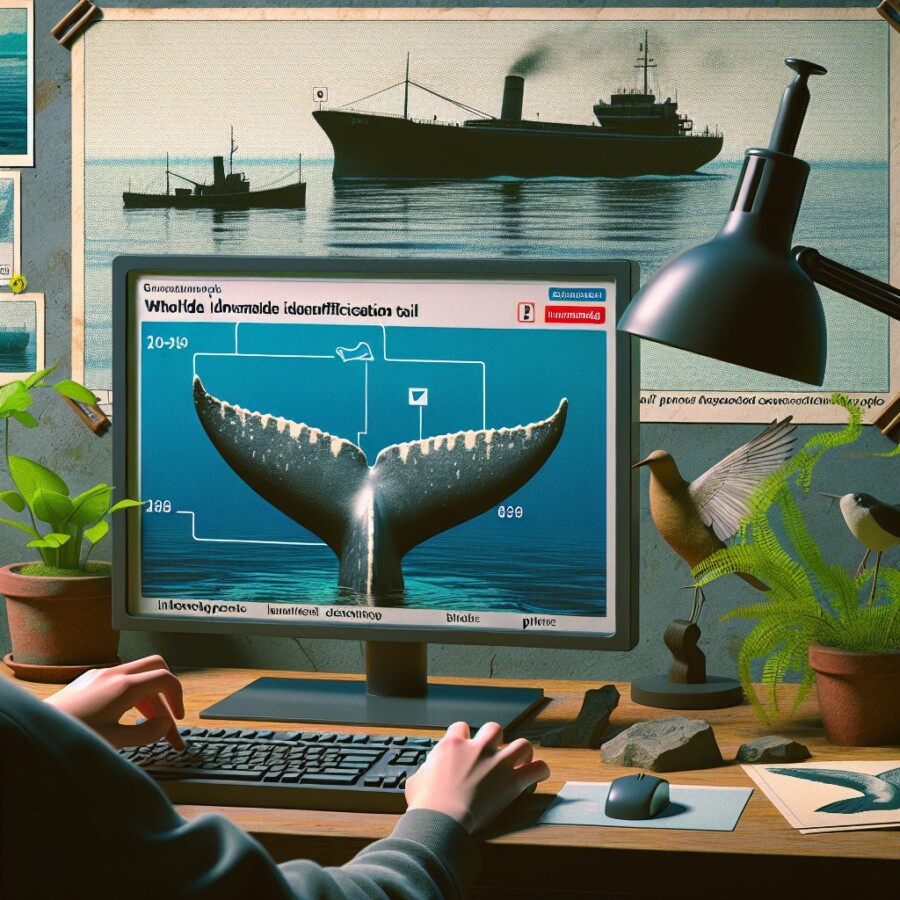
AI image recognition apps like HappyWhale, Merlin Bird ID, and iNaturalist are not only helping users identify and learn about wildlife, but also contributing to conservation efforts by tracking populations and raising awareness about declining species.
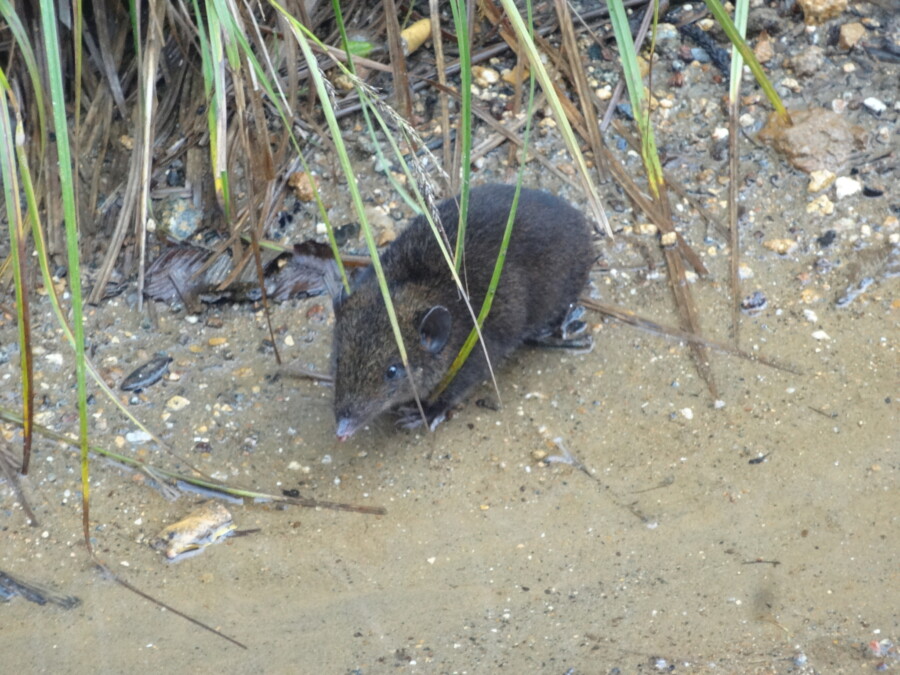
Scientists discover five new species of soft-furred hedgehogs in South East Asia, highlighting the importance of protecting rainforest ecosystems.


영국 랭커스터 대학교(Lancaster University)에서 한국인 영어 학습자분들을 대상으로 새로운 연구 프로젝트를 진행합니다. 전 과정 온라인으로 진행되어 어디서든 편하게 참여하실 수 있습니다. 여러분의 소중한 참여로 한국인의 영어 사용 방식을 알아보는 흥미로운 연구가 완성됩니다.
🎁 참여 혜택:
– 원어민 연구원과의 1:1 회화 연습
– 실전 영작 연습 & 맞춤형 영어 피드백 리포트
– 커피 기프티콘 총 3잔 선물! (첫 세션 후 1잔, 마지막 세션 완료 후 2잔 더 드려요! ☕☕)
📅 참여 방식: 총 2회의 온라인 세션 (Zoom 등을 이용, 각 세션당 약 60~80분 소요) 말하기와 쓰기 활동이 섞여 있어 부담 없이 즐겁게 참여하실 수 있습니다.
✅ 대상: 영어 실력에 상관없이 참여를 희망하는 18세 이상 한국인 누구나